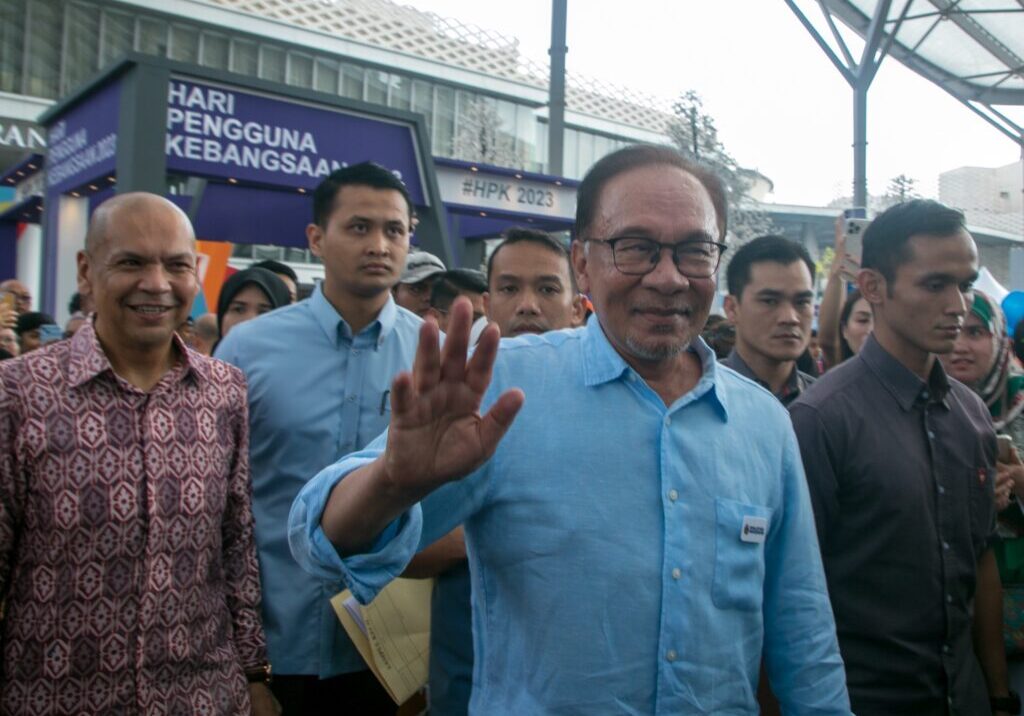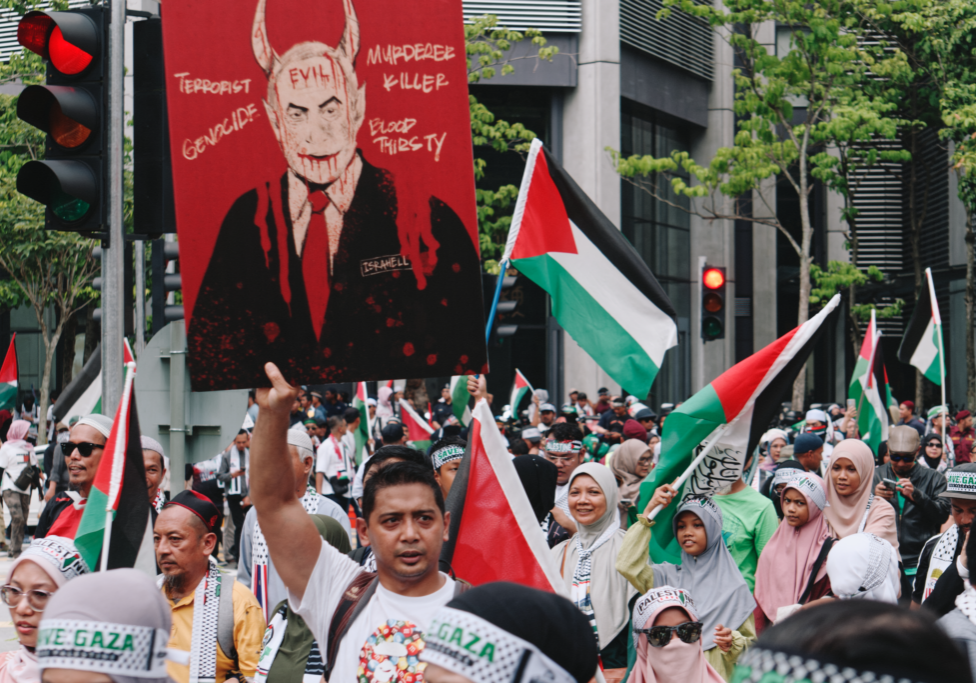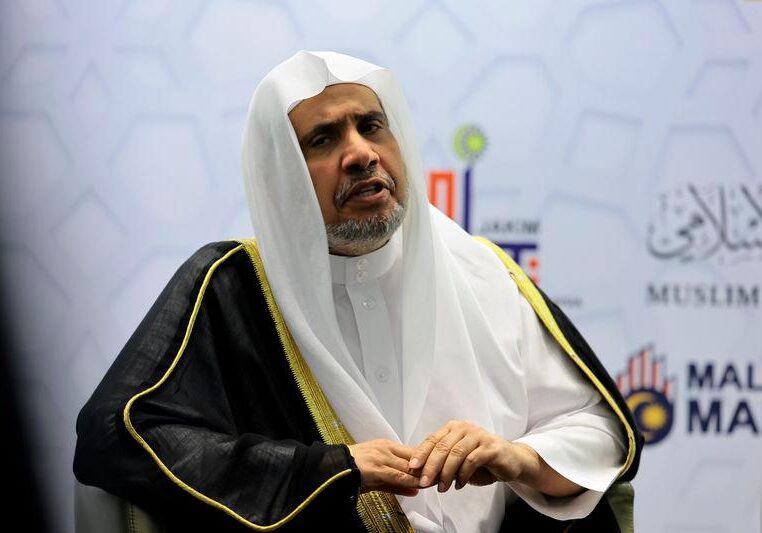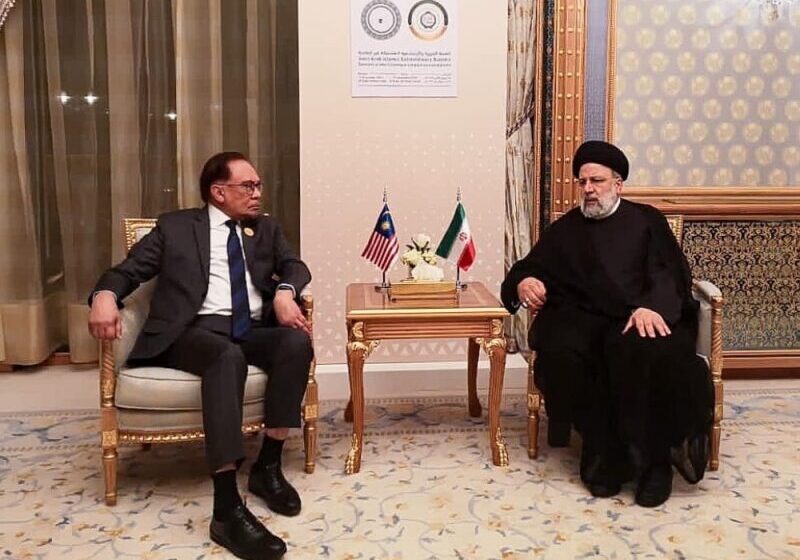Australia/Israel Review
Asia Watch: Fading Hope
Dec 23, 2019 | Michael Shannon
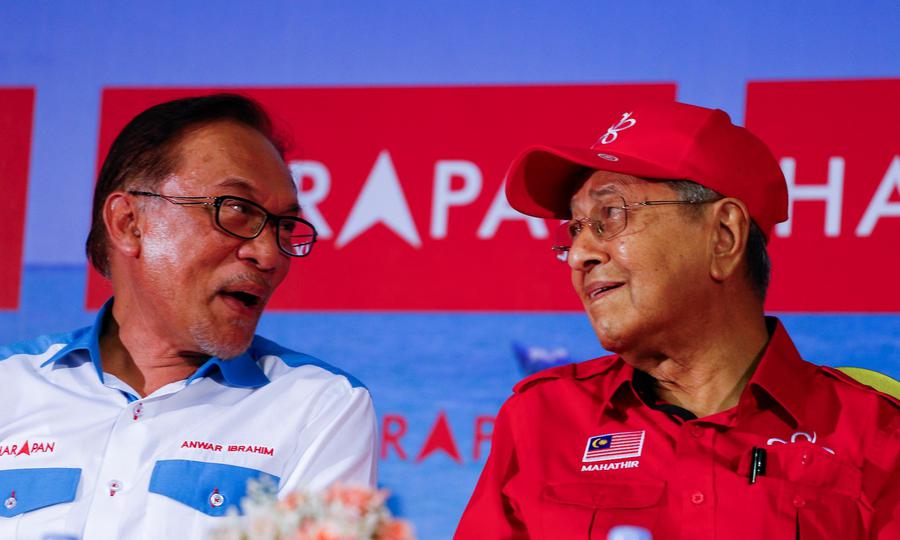
The stunning defeat of the ruling UMNO (United Malays National Organisation)-led coalition in Malaysia’s 2018 elections was supposed to usher in a new era of political and social reform, after 61 uninterrupted years of increasingly ossified and corrupt rule. But recent events show a Malaysia stuck in a depressingly familiar pattern.
Elected on promises of sweeping, long-overdue reforms, the Pakatan Harapan (Alliance of Hope) coalition is consumed by internal rivalries, while the “New Malaysia” of greater racial equality and declining racial discrimination feeding into improved education and economic vitality is still little more than a talking point.
In this climate, there are still cases like that of six male Muslims, including three teenagers, being sentenced to a month in jail and fined over RM2,000 (A$700) for skipping out of Friday prayers last August. They were reportedly busted during a raid by the Terengganu Islamic Religious Affairs Department, which found them picnicking with their families at a waterfall area.
The local Kuala Terengganu MP, Ahmad Amzam of PAS (Malaysian Islamic Party), praised the verdict. “This offence of not performing Friday prayers is becoming more widespread, especially in urban areas and would, without enforcement, become a normalisation process for Muslims in Malaysia,” he said.
Hopes of reforming the bloated bureaucracy that polices Islamic practice appear distant indeed. The Department of Islamic Development of Malaysia (JAKIM) remains impervious to the funding cuts afflicting other departments and is now looking to centralise sharia court authority, normally the responsibility of the states.
Credible allegations in the Asia Sentinel concerning halal certification detail how JAKIM officers routinely solicit bribes. One witness described JAKIM officers requesting a banquet be put on for them at a hotel where they had certified the kitchens.
The article set off a firestorm of protest from JAKIM and other government officials – accusing the author personally of attacking Islam, rather than answering the allegations.
Meanwhile, rather than reform its moribund ideology, the opposition UMNO party is doubling down on the race-based politics of Malay supremacy, accusing the government of selling out the preferential rights of the Malay community and holding back the development of Islam.
“Malays are restless,” Lokman Adam, an UMNO supreme council member, recently told Agence France-Presse. “We feel the current government is not able to protect Malay rights, Islam, the Malay language and the Malay rulers.”
Such language is in the time-honoured tradition of playing to the Malay inferiority complex, speaking of “protection” against imaginary enemies such as the Chinese, Jews, globalism, Christians or kafirs (non-Muslims), to promote so-called Malay unity.
Malays and other indigenous peoples make up nearly 70% of population, but still lag overall in educational achievement and income.
UMNO’s two ethnic-based coalition partners, the Malaysian Chinese Association and the Malaysian Indian Congress, were almost wiped out in last year’s election, consequently most observers thought it only a question of when UMNO would seek an alliance with former rival PAS. A formal marriage is now all but consummated under the name Muafakat Nasional.
The Pakatan government was elected with only 30% of Malay support, which UMNO and PAS are clearly determined to win back. Their task is being made much easier by the internecine conflict within the multi-ethnic People’s Justice Party (PKR) – the largest component of the ruling coalition – pitting veteran political heavyweight and former political prisoner Anwar Ibrahim against Minister of Economic Affairs Mohamed Azmin Ali in a tussle over who will next assume the nation’s leadership.
In a bitterly factionalised party, its December national congress revealed 72-year old Anwar still clearly has the numbers, but 55-year old Azmin has the obvious favour of Prime Minister Mahathir Mohamad, now approaching the two-year point at which he previously declared he would be stepping down.
Even at 94, Mahathir seems to be playing for time. Azmin and his supporters have called for Mahathir to continue as prime minister for a full five-year term rather than make way for Anwar, as well as continuing an “unapologetic” pursuit of the bumiputera affirmative action policies favouring ethnic Malays.
Changes to these policies are among the key institutional reforms pledged by Anwar, which he says have been “abused to enrich cronies” and should instead be needs-based.
Meanwhile, the Pakatan has to arrest an alarming series of electoral setbacks, the latest being a landslide by-election defeat in the southern Johor constituency of Tanjong Piai. Ethnic Chinese frustration with the lack of reform is said to have been a major factor.
Tags: Malaysia

